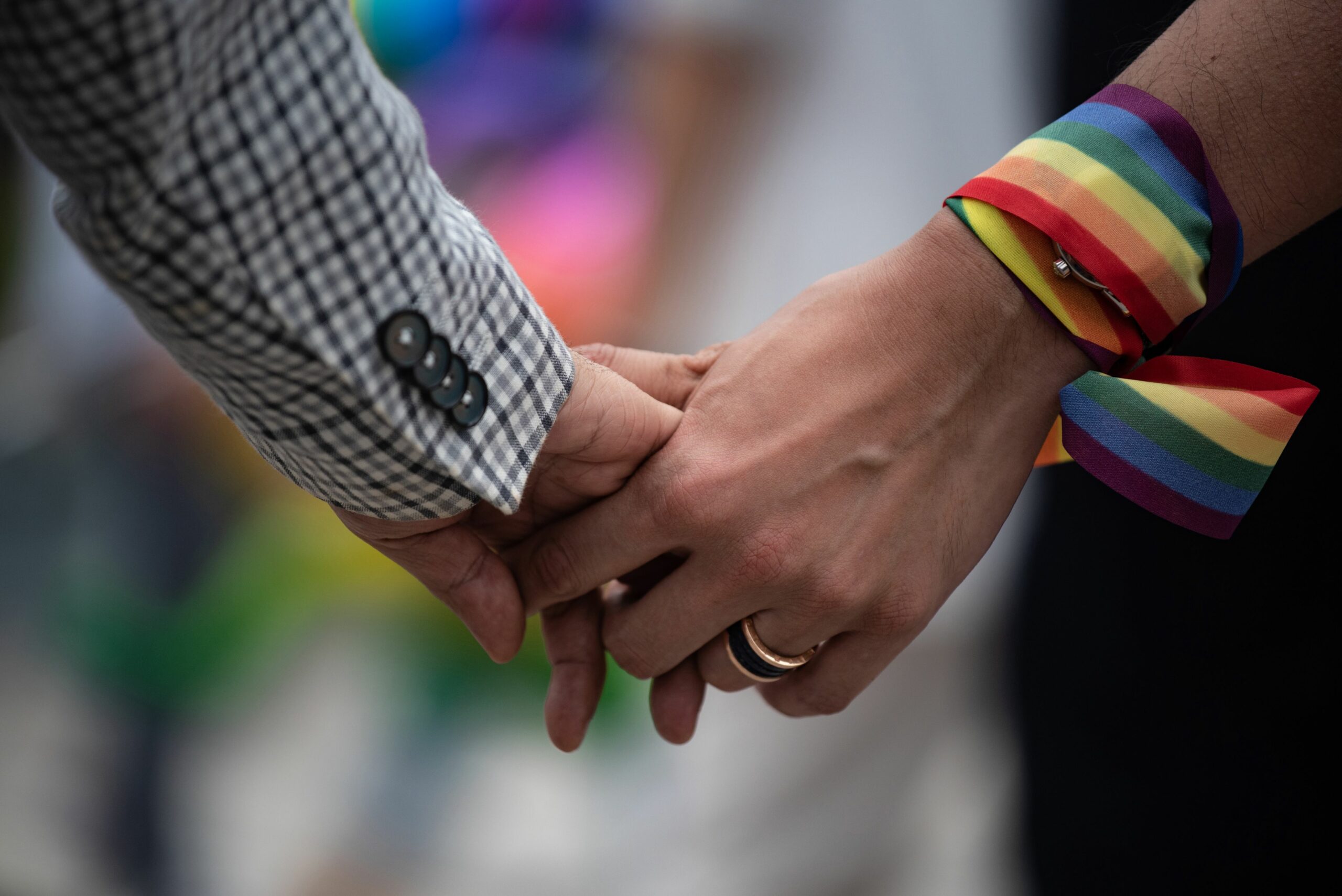The 35-year-old musician, who agreed to speak to AFP on condition of anonymity, fears that the government will use social media to identify LGBT+ citizens (lesbiansgays, trans, bisexuals and others).
“Safe places disappear every day,” he said. “Soon we won’t have anywhere to hide,” she added.
Kenya, like its neighbours, is plagued by runaway inflation and is also facing its worst drought in four decades.
But the political leaders relegated these problems to the background, by launching a campaign “of homophobia sponsored by the State”, according to the activists.
“There is a concerted effort to spread disinformation,” Njeri Gateru, executive director of the National gay and Lesbian Human Rights Commission (NGLHRC), an NGO based in Nairobi, the capital of Kenya.
The speeches of that campaign “inspire and justify violence against LGTB+,” he added.
The homosexuality it is illegal in many East African countries. Those campaigns are often encouraged by Muslim and Christian religious conservatives.
In Kenya and Tanzania, the homosexuality It is a crime included in laws dating from the colonial era, which contemplate penalties of up to 14 years in prison.
However, convictions are not usually pronounced and, despite everything, groups defending the rights of individuals homosexual they are authorized to operate in Kenya, but not in neighboring countries such as Somalia.
The current legislation targets the LGTB+ community, often the victim of harassment, both by the police and on social networks.
In recent months, the situation has worsened.
The NGO NGLHRC recorded 117 attacks in Kenya against people perceived as LGBT+ in February, up from the 78 reported in January.
– “Living in fear” –
It all started with a decision by the High Court of Kenya. In February, that court ruled against a petition to prohibit the LGBT+ community from forming pressure groups, which unleashed a wave of criticism, especially from the attorney general, who promised that he would contest the ruling.
The head of state, William Ruto, very blessed, declared that marriages homosexual they could “take place in other countries but not in Kenya”.
For Ruto, the homosexuality it is a Western import that “the customs, traditions, Christianity and Islam of Kenya cannot authorize.”
Vice President Rigathi Gachagua went even further, dismissing the Supreme Court verdict as an example of “disgusting morality.” […] in our way of life.
An opinion that comes from practically all parties.
Raila Odinga, head of the opposition, accused the court of having exceeded its powers.
In western Kenya, a new law introduced last week in the Ugandan Parliament could carry penalties of up to 10 years in jail for anyone who is gay.
In 2014, a court invalidated a bill adopted by the deputies and ratified by the president, Yoweri Museveni, which sought to punish relations homosexual with life imprisonment.
Frank Mugisha, Director of Sexual Minorities Uganda, the leading human rights organization homosexual (suspended last year by the authorities), told AFP that, as a result of the new bill, he was inundated with calls from LGBT+ people because they “live in fear.”
– “Easy targets” –
These campaigns are “deliberate and coordinated,” said Oryem Nyeko, a Human Rights Watch (HRW) researcher, telling AFP that the homosexual they are “easy targets”.
“They are a vulnerable group, they are a minority, they are misunderstood,” he explained.
In Burundi, where the homosexuality has been criminalized since 2009, 24 people were indicted for “practices homosexual” last week, after taking part in a seminar organized by a non-profit organization on HIV/AIDS.
In early March, the president, Evariste Ndayishimiye, urged citizens to “curse those who practice homosexuality because God can’t bear it.”
“They should be banned, treated like pariahs in our country,” he said.
The crackdown extended to schools, with the governments of Kenya, Uganda and Tanzania vowing to stop the alleged spread of awareness of these issues among students.
“It’s sad […]They want to use this minority group to distract people,” Tanzanian activist Fatma Karume told AFP, assuring that the leaders, by failing to solve the economic crises, use LGBT+ people as scapegoats.
Whatever the reasons of the governments, “to be an LGBT+ person is to be a second-class citizen,” denounced Njeri Gateru.





